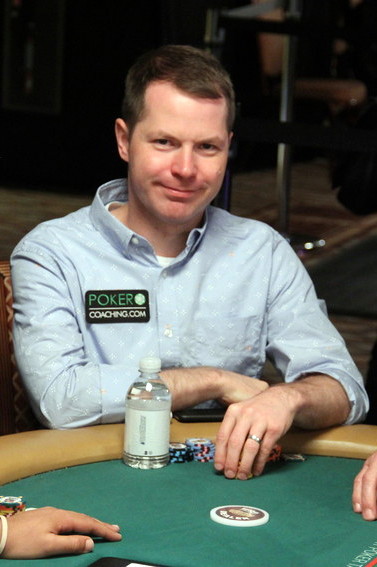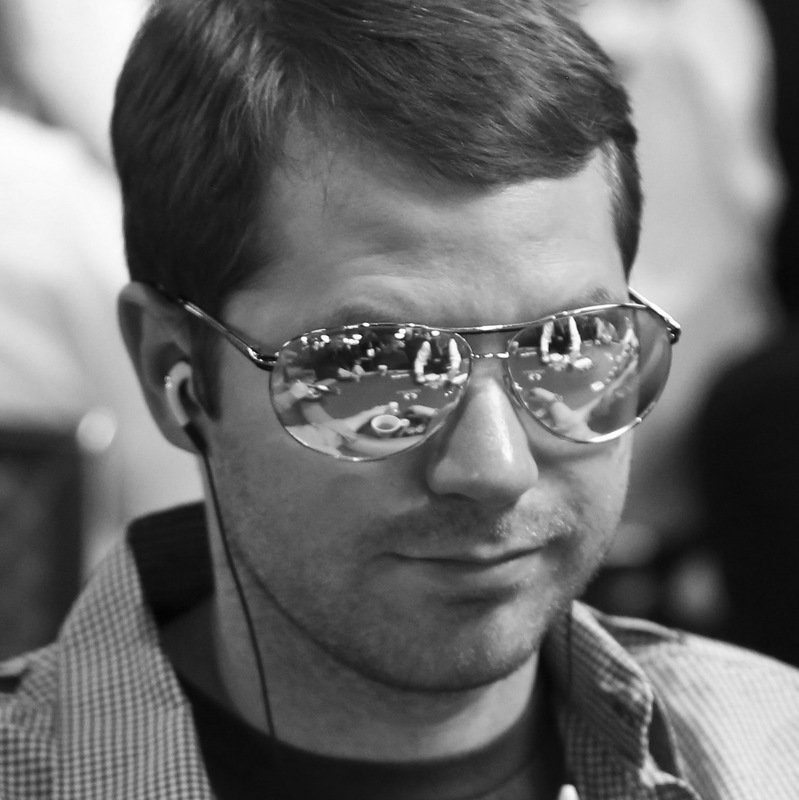






Poker Strategy With Jonathan Little: Playing Short-Handed Poker After LockdownThe Difference Between Nine-Handed And Four-Handed Poker Isn't As Much As You'd Think |
|
|
Card Player Magazine, available in print and online, covers poker strategy, poker news, online and casino poker, and poker legislation. Sign up today for a digital subscription to access more than 800 magazine issues and get 26 new issues per year!

Jonathan Little
Whenever you approach a new variation of any game, always ask yourself what has actually changed. When playing four-handed, UTG, UTG+1, UTG+2, the lojack, and the hijack are no longer at the table. Only the cutoff, button, small blind, and big blind remain. That is all that has actually changed!
This means you should play your default ranges from those seats. There is no substantial difference between nine-handed and four-handed poker. Simply assume the five players before you have folded!
I have created free, implementable GTO (Game Theory Optimal) preflop charts for you to use as your default strategies that you can download here.
Many players incorrectly think that you need to play substantially more aggressively when playing short-handed, but that is not true. While you should raise with a few more hands than nine-handed ranges due to the bunching effect, you should not play substantially wider ranges.
The bunching effect is the idea that when everyone folds to you in the cutoff nine-handed, the players who folded mucked proportionally more low cards than high cards. This means the three players yet to act are slightly more likely to have high (and thus, playable) cards. Since five players did not fold to you when four-handed, you can play a touch looser.
While not much changes between full-handed and short-handed poker, some of your opponents will make the mistake of playing either far too tightly or far too loosely.
Some of your opponents will play nine-handed first position ranges from first position four-handed. Clearly that is a substantial mistake because there are five fewer players at the table. If your opponent’s seem to fold far too often, it is probably because they are only raising with premium hands. When that is the case, simply get out of their way. You exploit tight players by frequently stealing their blinds and by not paying them off when they happen to have a strong hand.
Against players who raise with wide ranges that are too wide because they think they are supposed to be in every pot, either call wider or three-bet wider than you normally would, depending on how you expect your specific opponent to react. If they are going to frequently four-bet (perhaps all-in), three-bet with a strong linear range and be willing to call off with hands like 9-9 and A-Q, while opting to call their preflop raises with hands that flop decently well, like 4-4 and 9 7
7 .
.
If they are going to frequently fold to your three-bets, three-bet with a wide range of junk, primarily consisting of decent Ace and King blockers like A-5 offsuit and K-6 offsuit. If they fold way too often to three-bets, you can three-bet with an incredibly wide range.
You should always make a point to adjust to whatever your opponents do incorrectly. When playing short-handed, table selection is a vital skill you must master because if you are playing against three strong opponents, you will either break even or lose, but if you are playing against three bad players, you will have a huge win rate. Look to play with players who are actively gambling, and be willing to mix it up with them while ensuring you are the favorite when all the money goes in the pot. If you make a point to spend a lot of time playing in games featuring bad players, the money will consistently flow your direction.
Good luck!

Jonathan Little
